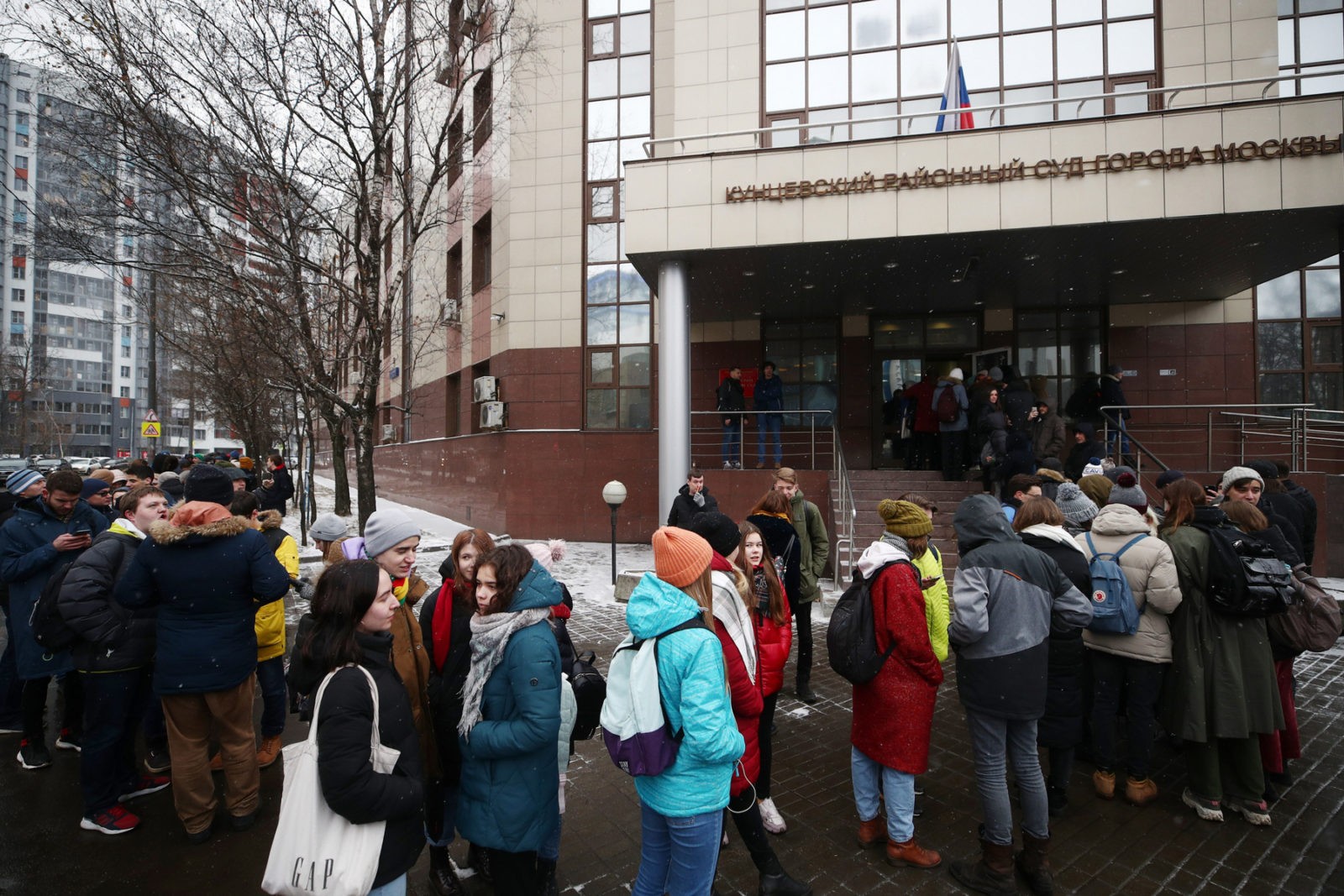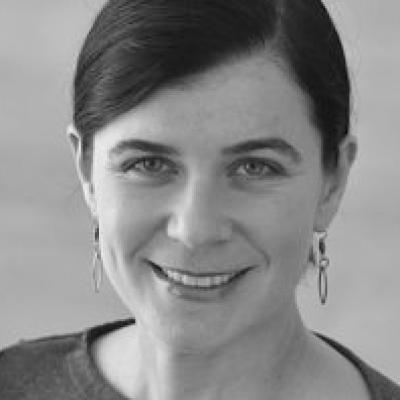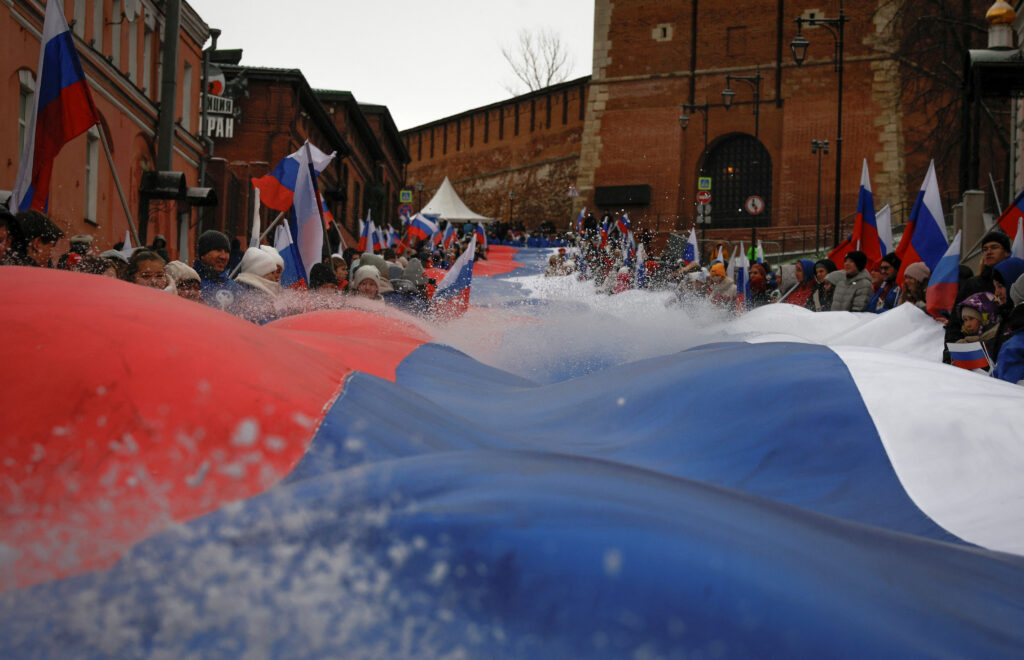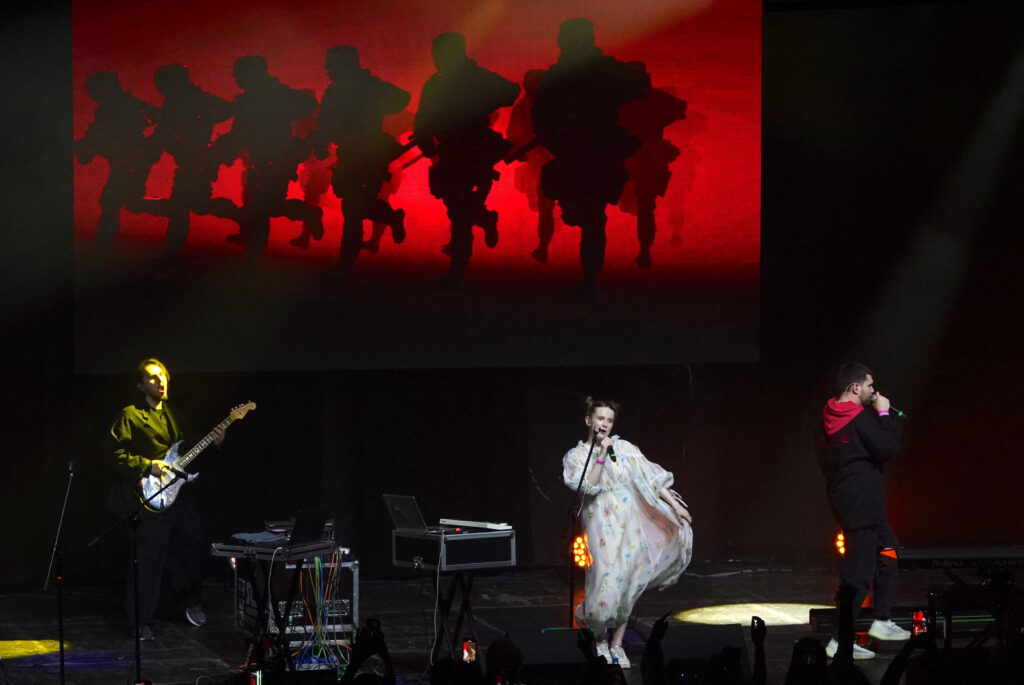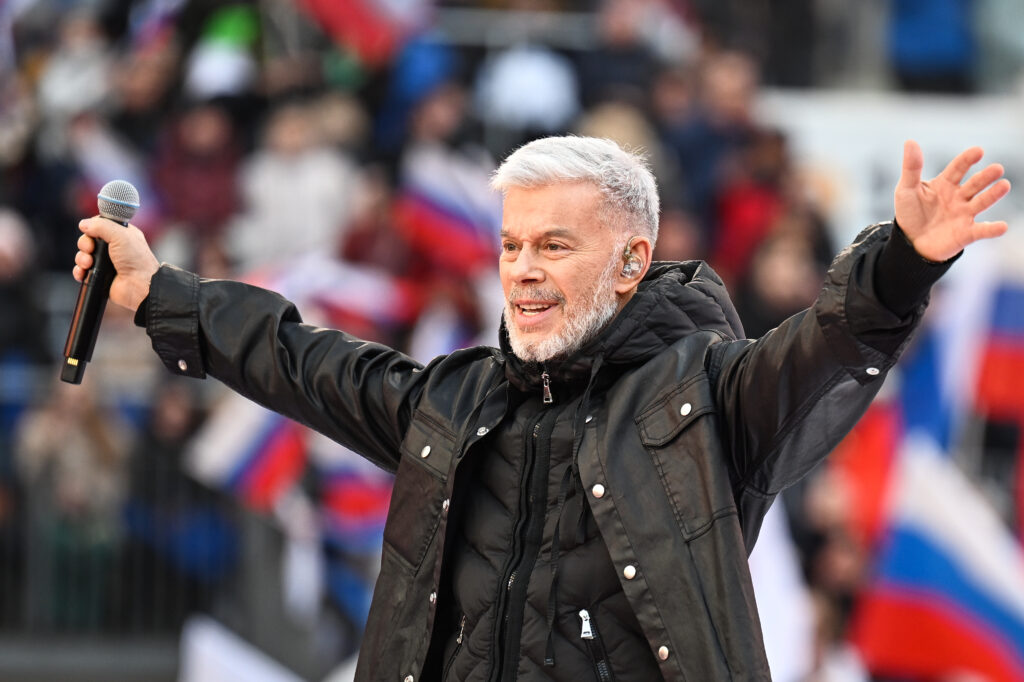Repeated instances of political activism by students, and attempts to counter this activism by university administrations, have made their way onto the news in recent months. During the outbreaks of summer protests in Moscow, students from several of the city’s universities were detained. Among those arrested were Yegor Zhukov, a student of the Higher School of Economics (HSE), and Daniil Konon, a student at Bauman Moscow State Technical University (BMSTU, known as Baumanka). After their detention, HSE and Baumanka students organised a movement to support them. They established pickets and collected signatures. They raised money for lawyers and deliveries to the pre-trial detention facility. Many HSE lecturers signed an open letter in support of Zhukov. Graduate and postgraduate students of Moscow State University (MSU) also supported MSU postgraduate Azat Miftakhov, who was arrested on political grounds in February. University administrators’ reactions to this activism, however, were either reserved or critical. Several rectors threatened students with expulsion for participating in rallies or actions in support of political prisoners. HSE rector Yaroslav Kuzminov tried to walk the line between the university community and the authorities by downplaying the political importance of Zhukov’s activity: he’s young and quick-tempered and will get wiser with time; better to let him finish his studies than help him build up political capital by putting him in jail.
It may seem now that there is nothing strange in such behaviour by administrators. It is unlikely that students who organised a movement in support of their peers expected much support from them. However, if you look 15-20 years back, the situation was quite the opposite. Not only did rectors of the leading universities support political protests but they stood as one with students, lecturers and each other. For example, in 1998 the Congress of the Russian Rectors’ Union adopted an official resolution threatening the Russian government with mass protests by students and lecturers if state funding did not stabilise. Behind the scenes, the rectors did not hesitate to use the threat of protests either. They negotiated a common position, got an appointment with the government and explained the problem. They also hinted that if the problem persists not only would they send the students to the streets but they would also lead these demonstrations themselves. In the late 1990s, the confrontation between the rectors and the government focused mainly on insufficient funding of the universities; in the early 2000s, after the stabilisation of the economic situation, disagreements were related to the planned reforms in education such as the introduction of the uniform state exam.
Why has university administrations’ attitude to protests changed, and when? The short answer: money. More precisely, this change was caused by the transformation of the university revenue structure and state financing schemes for leading universities in the second half of the 2000s. In the late 1990s and early 2000s, leading universities earned a lot of income from tuition fees and preparatory courses for entrance exams. Their lecturers also earned money from private preparatory lessons. By 2005, nearly half of public university students were paying fees. The better the university, the more money students had to pay for education, and the less dependent it was on the state. Public universities competed for students with non-public ones and, to a certain extent, with each other as well. However, they stood as one in relations with the state. In 1998, for example, MSU Rector Viktor Sadovnichyi said publicly that the state should support universities in the capital and the regions equally as the different parts of higher education system should develop in balance.
However, since 2005, along with a general increase in budget financing, the state launched several major programmes to support leading universities. These not only made institutions financially dependent on the state. They also undermined their political solidarity and autonomy. In 2005-2006, Southern and Siberian federal universities were created in Rostov-on-Don and Krasnoyarsk. They received huge funding, and their spending was not rigorously controlled. At the same time, the government launched a programme to support innovative university curricula. The programme covered 17 institutions, joined by another 40 a year later. Before this programme was complete, the idea of national research universities was put on the table. The first national research universities opened in 2009, along with seven more federal universities in 2009-2010. In 2013, the government launched the ‘5-100’ programme, whose declared goal was to improve the international ranking of Russian universities.
As a result, a group of about 30 prestigious universities emerged, which accounted for about 5% of all public universities in Russia. They participated in several programmes simultaneously and received a large part of the state funding earmarked for higher education. State support programmes for the leading universities, along with growing revenues from government-funded students, have flipped the financial model in higher education. If until the mid-2000s, the leading universities earned mostly from tuition fees, after 2005, state funding has gradually become their main source of income. This protected the leading universities against the consequences of the demographic hole, which higher education institutions faced after 2005. Due to a sharp decline in the birth rate in Russia between 1987 and 1993, the number of seventeen-year-olds fell by almost half between 2005 and 2010, slashing the ability of universities to earn money on educational services.
Support programmes generated not only economic but also political consequences. First, they broke the unity of university administrations in their interactions with the state. The most prestigious universities included in support programmes emphasised their outstanding position to prove the value of the institutional support they received. At the same time, flagship schools were put in a situation of constant competition for budgetary resources within their own group as well as with other universities ready to take over their spots. In such a situation, it is hard if not impossible for universities to align their political interests and develop a unified position. The increased competition, often touted as a universal good, turned out to be a convenient tool for a government seeking to divide and rule.
Second, the well-intended public goals pursued by support programmes concealed other changes undermining university autonomy. The main one was the elimination of rectors’ elections. In May 2006, the State Duma amended the Law on Education, changing the election procedure. Earlier, rectors had been elected by the academic council of the university and approved by the Ministry of Education. The ministry had a veto, which the council could override with a two-thirds majority. After the amendments, the government approved all candidates for the post and could exclude the unwanted ones even before the vote. In June 2006, Putin personally attended the Congress of the Rectors’ Union to remind the participants that the state had started to invest heavily in universities and so was fully entitled to hold rectors accountable for the results, including to dismiss them in the case of failure. In 2009, another amendment to the education law has passed, according to which the government directly appointed rectors of federal universities. That same year, the MSU and St. Petersburg State University received a special status, which, together with providing them with a number of privileges, made their rectors personally appointed by the Russian President.
Another way to undermine university autonomy was to reduce the number of elected posts within the universities. Two support programmes, the federal and national research universities, involved a change in university statutes that introduced the possibility of establishing institutes or schools headed by appointed directors, instead of faculties headed by elected deans. After the change, many universities created such institutes, sometimes by combining several faculties. Although the changes happened at varying paces in different institutions, the general trend towards a decrease in the number of elected bodies was apparent. Besides the elimination of elections for rectors and deans, university autonomy was also weakened by other market-inspired tweaks in relations between lecturers, university administrations and the state. For example, per capita funding increased university budgets’ dependence on demographic trends, while the widespread use of one-year-long employment contracts, which were supposed to encourage lecturers to be more productive, significantly reduced their job security.
The third important political consequence of the state support programmes was a change in the university administrations’ attitude to student protests. Earlier, rectors would publicly or unofficially threaten to lead demonstrations if the government did not fulfil their demands. Today, supporting protests with a political agenda is fraught with the risk of sanctions against the particular institution. Sanctions may range from cuts in government funding through various channels, to problems with accreditation or revocation of licenses — yet another lever which was strengthened in the 2000s. This agreement between the universities and Putin’s regime is implicit, but university administrators are well aware of it. A top-level administrator at a federal university told me in an interview that ‘social stability’ and the absence of political protests was much more important for evaluation than any kind of scientific or educational indicators. If the point of the agreement was indeed the prevention of potential student protests, it becomes clearer why the ranks of universities enjoying extended state support are not declining, even though many of the goals stipulated in these programmes have been a priori unrealistic.
We can debate about the real causes behind the support programmes for leading universities and whether they promoted the development of Russian science and higher education or not. I would argue that those who decided to launch the programmes thought primarily about hindering student activism after the events in Serbia, Georgia and Ukraine in the first half of the 2000s have vividly demonstrated its potential. However, even if we assume that these support programmes came with the best of intentions, they clearly undermined the role of Russian universities as independent political actors.
Authoritarian leaders often find it difficult to deal with universities. These institutions are respected by society. They are the hub of critical thought and the harbour for a love of freedom. They gather students who do not yet have children and mortgages but do have a lot of young energy. Neutralizing the political power of such institutions, especially when they are consolidated into a single community, is not a trivial task for an autocrat. Putin managed to find at least a temporary solution for it in the mid-2000s by restructuring economic and political incentives for university administrations, and this is why we witness university leaders disowning students’ political activity today.
Support programmes, however, have had little impact on the motivation of students and lecturers, whose civic activity grows together with the civic activity of the rest of society. Since 2013, lecturers have been fighting for their labour rights and expansion of university autonomy through the Interregional Higher Education Trade Union “The University Solidarity”. Students from different universities have also been combining their efforts to organise and make political statements. Recently, in response to the reappointment of Viktor Sadovnichyi as MSU rector, graduate and postgraduate students, lecturers and graduates of the university wrote an open letter to the government demanding the reinstatement of the university’s autonomy, including elections of rectors. Even though it is unclear under what circumstances rectors will start defending university autonomy again, pressure from below is certainly a step forward.
